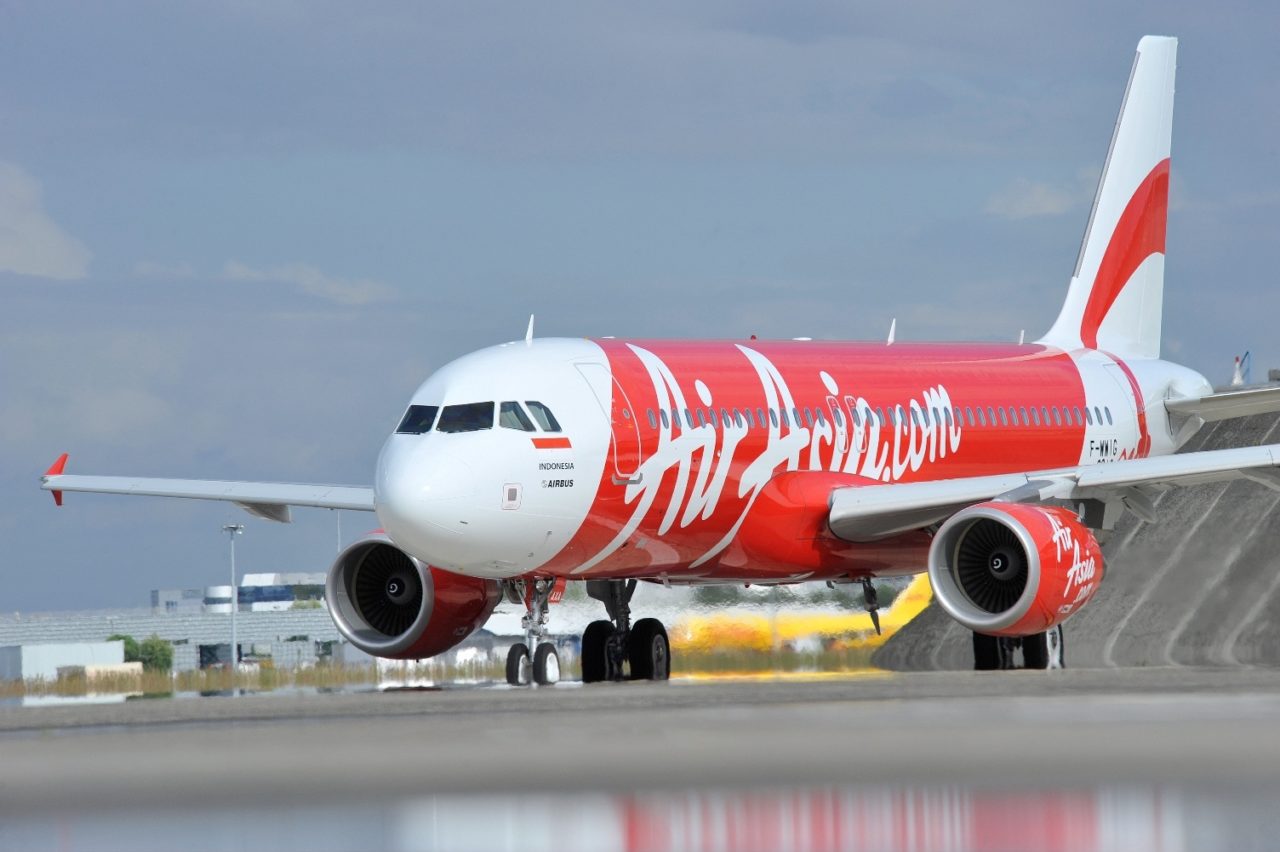
AirAsia plans to introduce Airbus’s innovative fuel-saving software modification known as Descent Profile Optimization (DPO) to its A320ceo aircraft commencing this month.
The airline said the enhancement to the aircraft’s on-board flight management system (FMS) performance database offers the ability to generate fuel savings and reduce carbon dioxide (CO2) emissions. The improvement has been previously introduced in LATAM Airlines’s operations, and the FAA has introduced new optimized descent profiles into some US operations.
Optimization of an aircraft’s flight trajectory is one of the key factors in improving flight operations efficiency. The DPO function allows the aircraft to optimize the descent phase of the flight and descend from cruise altitude using only idle engine thrust. This minimizes the amount of time spent at an inefficient level off (when the aircraft’s engines generate thrust to maintain level flight in dense air before final landing approach), resulting in the reduction of fuel consumption and proportional CO2 and NOx emissions.
AirAsia commented on the initiative, saying,
“The new initiative is set to reduce fuel consumption and improve the fuel efficiency by up to 0.75% of fuel burn, which is equivalent to saving 101 kg of CO2 emissions per flight. … This could reduce CO2 emissions by over 221 tonnes per aircraft per year, representing a considerable contribution to more sustainable flight operations,”
The airline also confirmed that the DPO will be installed initially on 17 A320ceo aircraft. It is expected to save 3,764 tonnes of CO2 per year, or the equivalent of 62,700 urban trees planted.
AirAsia has set its goal to reach carbon neutrality by 2050. And as the traveling market is recovering, AirAsia expects to get back to pre-pandemic levels by the end of 2022.
Bo Lingam, Group CEO of AirAsia Aviation Group Limited (AAAGL), said:
“Given the reality of climate change and the airline industry’s contribution to emissions, reducing our carbon footprint is currently one of our top sustainability priorities and we look forward to further reducing an additional 221 tonnes of CO₂ emissions per aircraft each year with the DPO system we are implementing.”
AirAsia also plans to gradually upgrade its fleet to a higher capacity and more fuel-efficient A321neo in the longer term.
Besides the DPO, AirAsia said it has implemented several other key efficiency initiatives from Airbus to reduce fuel consumption and carbon emissions, such as”
- SETWA (Single Engine Taxi Without APU) which allows the aircraft to operate only one engine during the taxi phase of flight instead of both engines,
- Idle Reverse Landing, which allows the aircraft to use idle engine thrust upon landing instead of powered thrust to reduce noise and fuel burn, and
- the Required Navigation Performance-Authorization Required (RNP-AR) approach, which allows the airline uses the aircraft’s advanced navigation capabilities instead of conventional ground-based equipment for the shortest landing approach.
Bo Lingam, Group CEO of AirAsia, commented,
“It is important that we review our climate strategy and put in place new mechanisms and processes that will help to minimize the environmental impact of our flight operations.”
In 2021, it was estimated that by applying the above improvements, AirAsia would avoid emitting 11,175 tonnes of CO2, equivalent to planting 186,250 urban trees.

